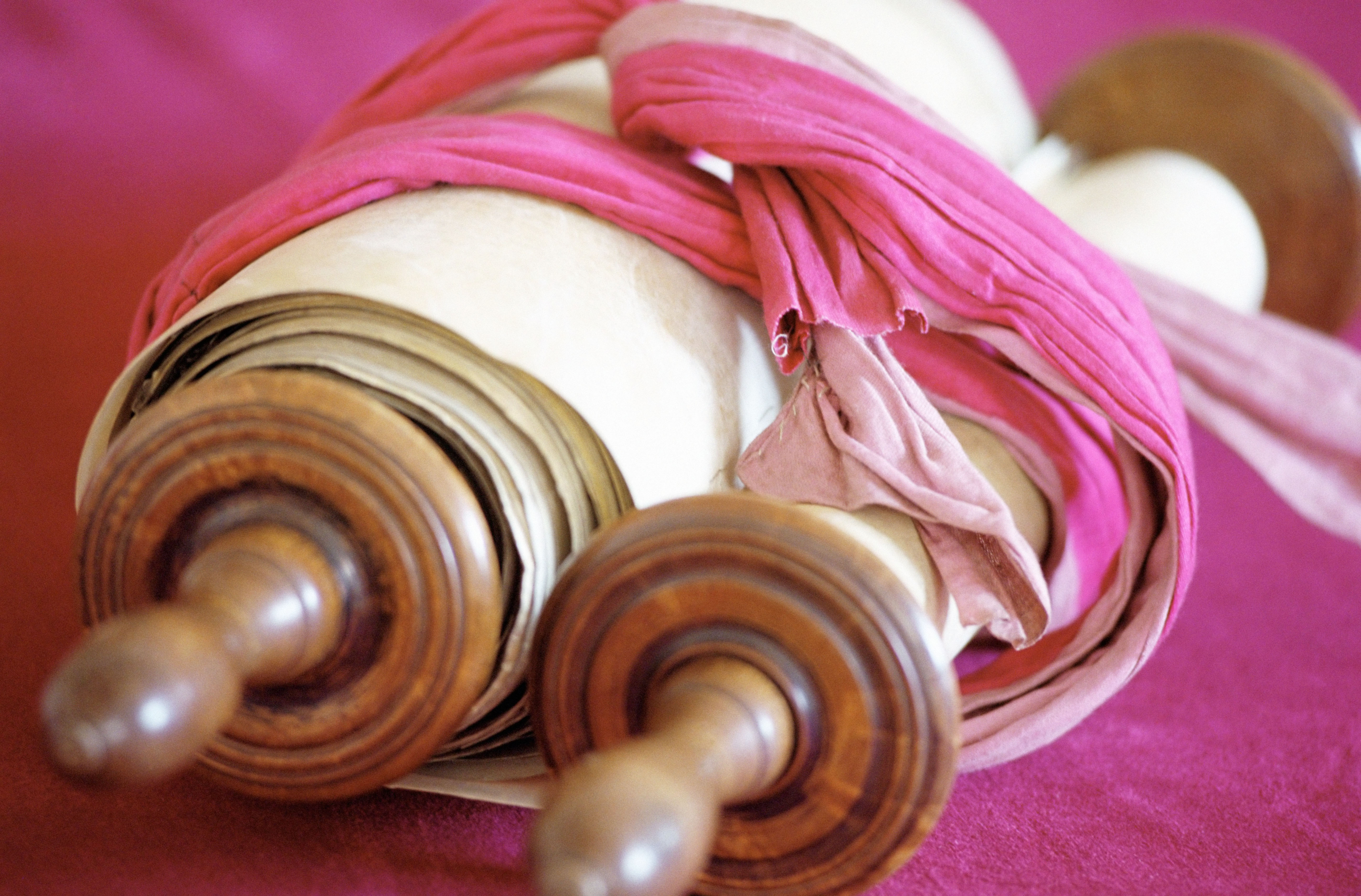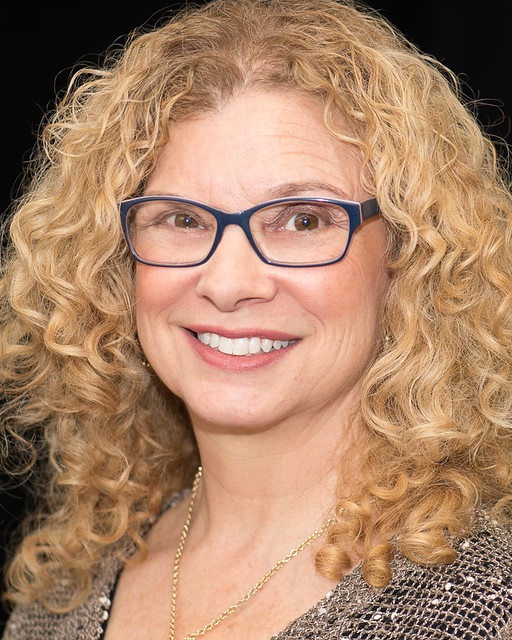
When are we given time to pause, to be in a space that is between an ending and a beginning? For most of us, we are so busy with our daily lives, responsibilities, and schedules that there never seems to be an end to anything, and yet we are always starting something new.
This week, literally the days between Rosh Hashanah and Yom Kippur, the Torah portion, Vayeilech, though the shortest parashah, gives us that time to pause and reflect. The Israelites are preparing to enter the land of “milk and honey,” God’s gift that was promised to their ancestors. In a recent parashah, God laid out the commandments that the Israelites should live by to succeed in the new land. In Vayeilech, God shares how he will treat the Israelites when they break their covenant and forsake him for “alien gods.” Knowing that the Israelites will blame God for the horrors they will face, God has Moses write down this teaching as a poem and “put it in [the Israelites] mouths.” They will always have God’s words as a witness that it is not that God was not with them (and therefore evils and troubles befell them), but that they were not with God and brought these troubles on themselves.
So, does God have a crystal ball, or is this a bit of reverse psychology with a heavy dose of fear? Either way, God lays out the exact consequences for when the Israelites go astray. They are warned. In this moment, this space between the end of their travels and the beginning of their life in a new land, they are given the opportunity to make an informed decision about their future. Will they defy God’s prediction and live their commandments, leading to certain success in the new land? Or will they follow a path away from God’s teachings and explore something else, knowing God will not help them during their most difficult times?
In our own lives, we are also faced with choices that may not be what is expected of us, and we are tempted to see where those choices may take us. If we take a different path and move away from tradition in supportive communities of family, friends, or colleagues, we hope to feel safe and accepted, not judged by our failures but by our attempts. However, we may not always receive unconditional support and instead be criticized or presented with difficult consequences for our choices. This can be a challenge that motivates us to prove our critics wrong. Or it can lead to self-doubt that sabotages our plans. However, whether there’s a safety net or obstacles, we are always supported by the teachings of our faith, our family, and our community that give us the tools to try new paths.
In fact, the Israelites had support as well. Even if they engaged in “evil doings,” God was not going to desert them completely. If God hid from the Israelites, it was to give them the space to fail and learn what was important for them to go forward. And God would be there when they found their way.
So, trust yourself and make room for experiments or explorations. These experiences and “failings” provide learning and growth. Hence the cliches, “fail forward” and “learn from your mistakes.” In some cases, they are wildly successful and bear amazing self-discoveries or new ideas, businesses, or projects. And sometimes, they are epic fails or lead nowhere, but even with some ego-bruising, they let us flex different muscles and build confidence to try again.
During Shabbat Shuva, we are given time to examine how we have lived our lives and how we will go forward into the new year like the Israelites were as they paused before going into the Promised Land and listened to Moses words. Our tradition provides us these built-in times for pause and thought. As I write this, we are in the month of Elul, a time for reflection leading up to the High Holidays. And I recently learned that Kaddish are breaks during Shabbat and High Holiday liturgy to signify that something has ended and something else is going to begin, giving us a moment to take our personal inventory. Even the current pandemic feels like we are in a space between one defined by before and what will come next.
So, despite our busy lives, we are given times to be in the gaps, the spaces between endings and beginnings, and to consider the paths we may choose. Will we live Torah? What questions do we have, and how will we seek the answers? What do we want to explore or experiment with, and what support do we need to feel safe trying? What projects will we suggest and ask to lead? Just thinking about being in these spaces and giving myself permission to think is a gift. I have a sense of calm and grounding in this space that provides a clear mind ready to choose a path and the next beginning. Join me now and use this space between Rosh Hashanah and Yom Kippur to challenge yourself to reflect, question, and plan.
Andrea Gingold is a WRJ Executive at Large, chair of the Budget Committee, a member of several task forces and has been on the WRJ board since 2015. She is a member of Temple Israel of the City of New York and is a past president, and current board member, of its sisterhood.
Related Posts

Continuing to Educate and Empower People Together

My Challah-Making Experience


